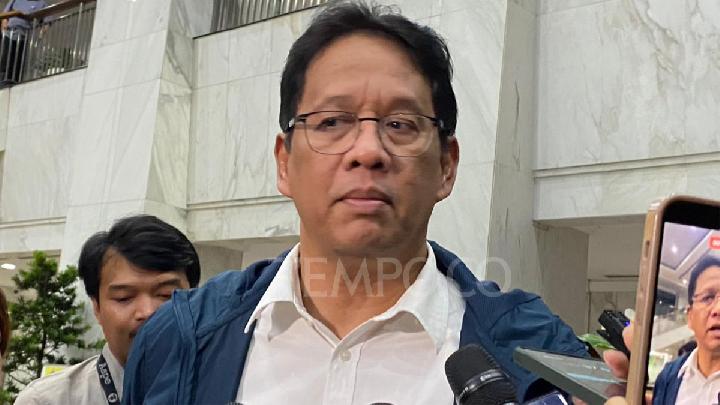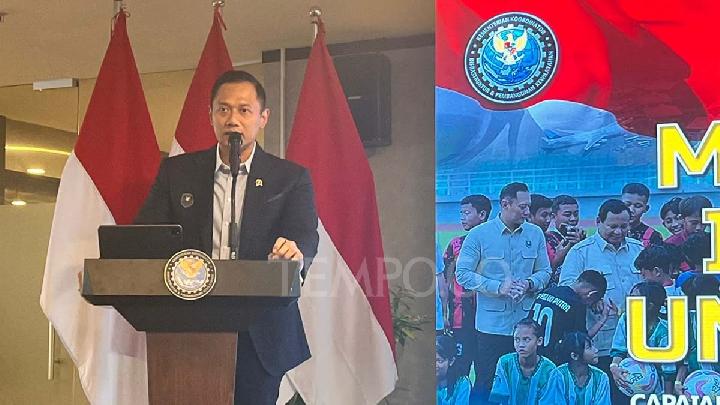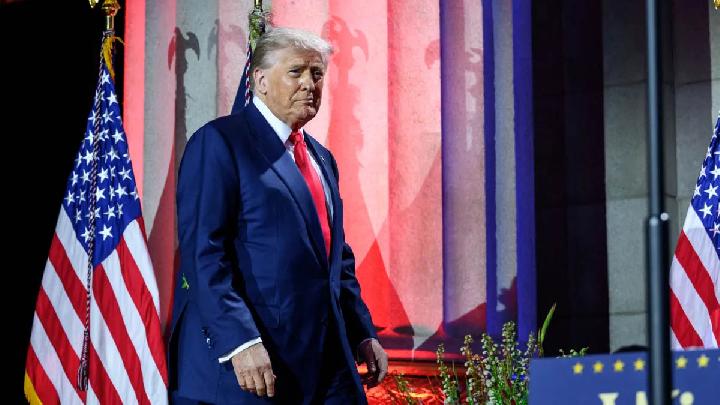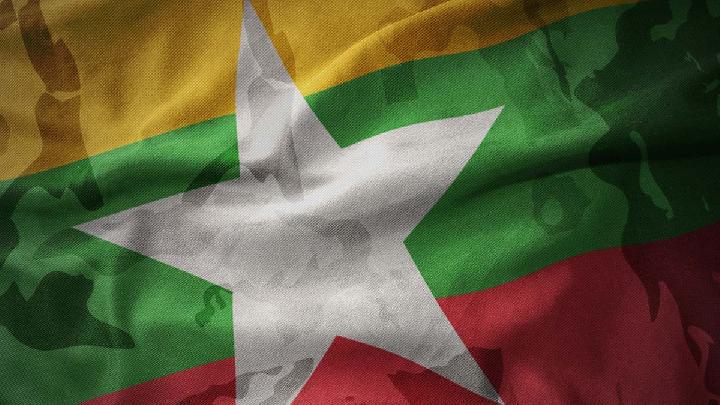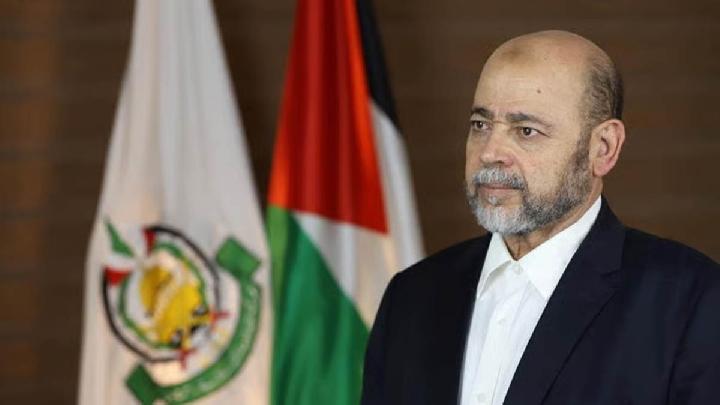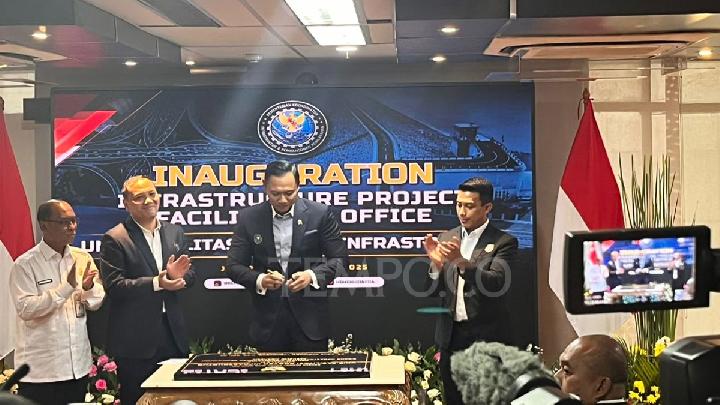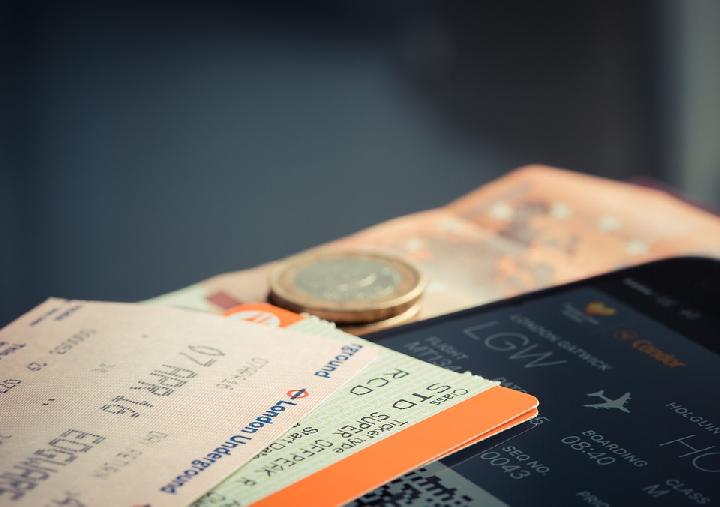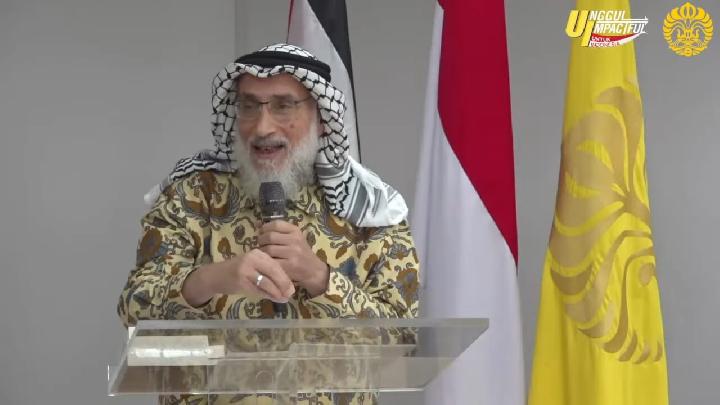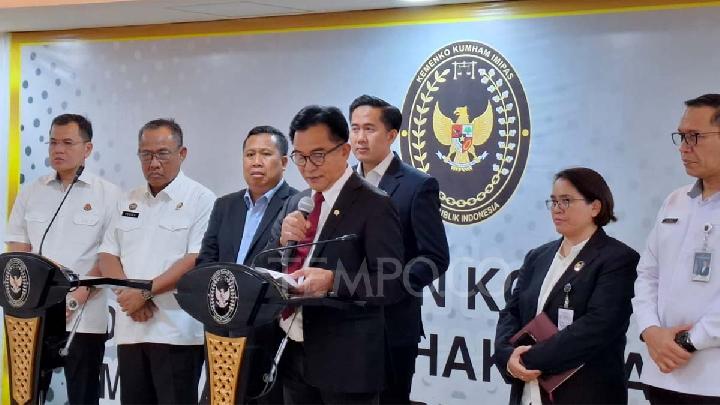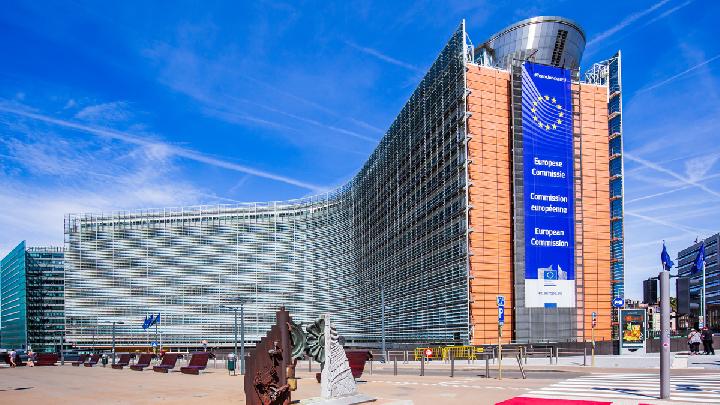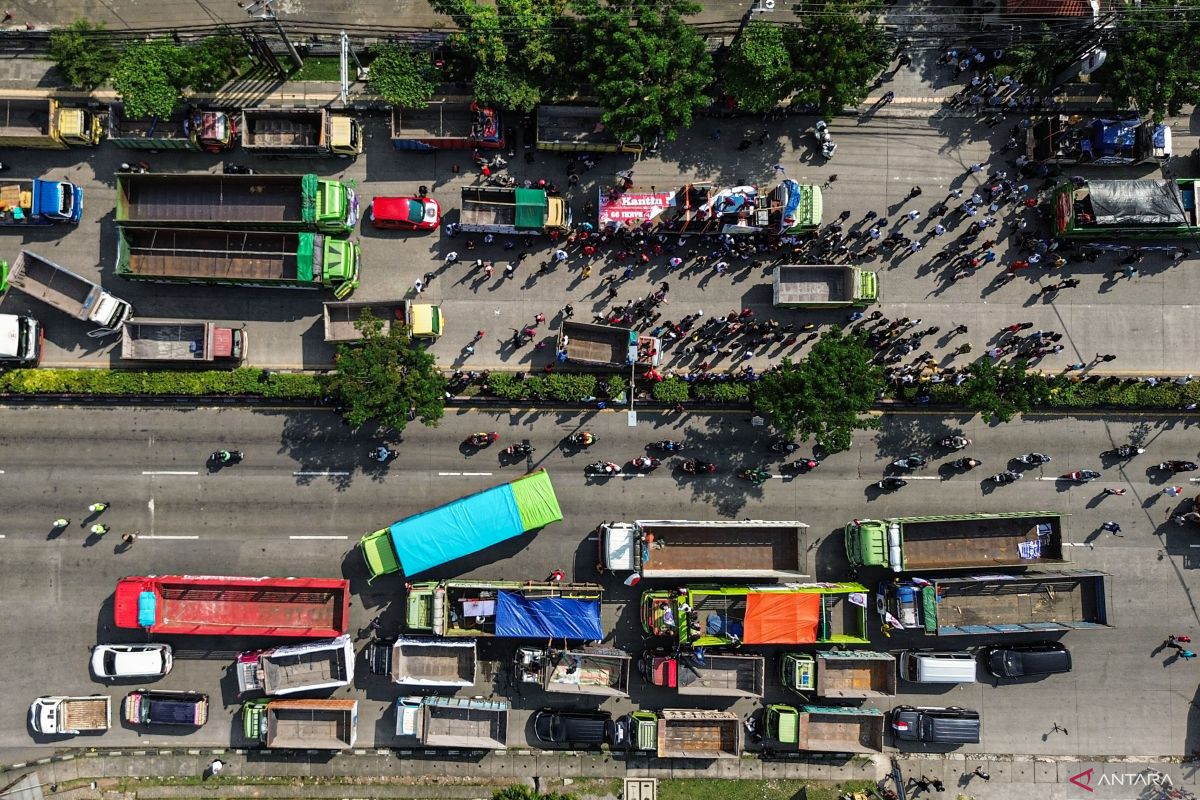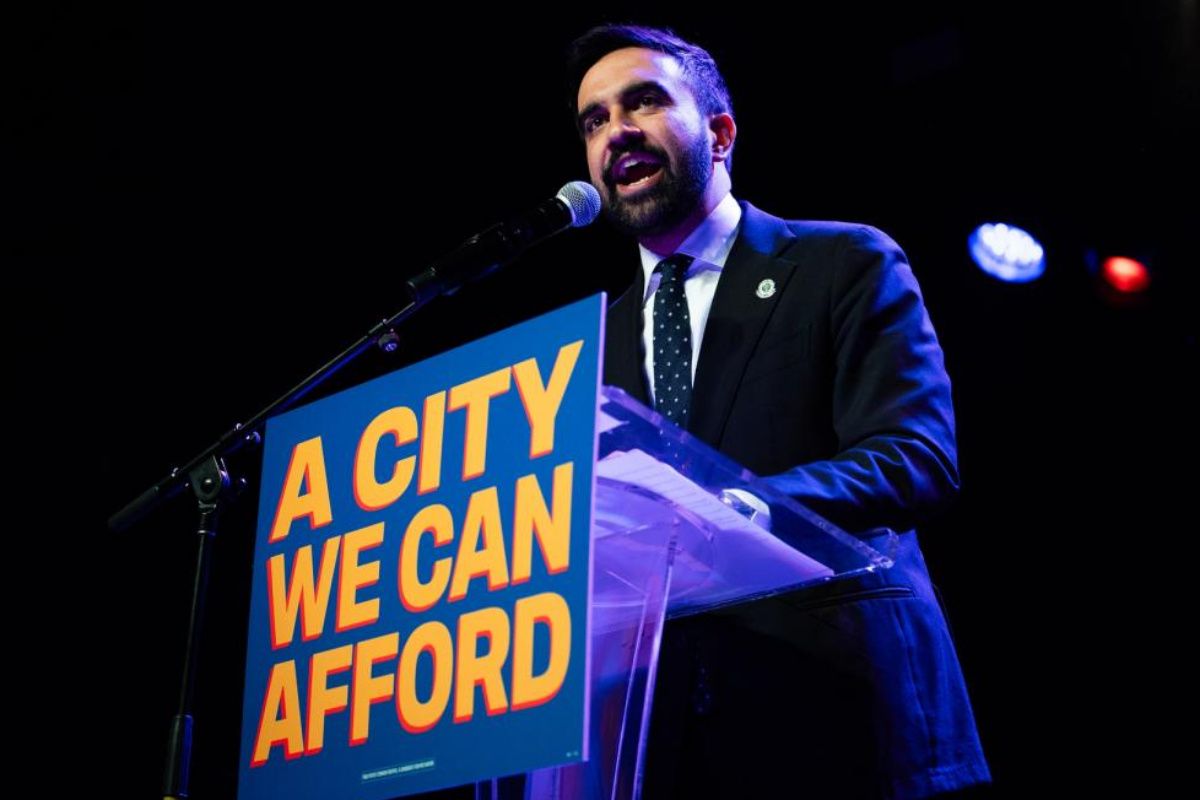TEMPO.CO, Jakarta - After years of hesitation and prolonged debate, French President Emmanuel Macron officially announced on July 24 that France will recognize the state of Palestine at the upcoming United Nations General Assembly in September. This decision, conveyed in a letter to Palestinian Authority President Mahmoud Abbas, marks a significant diplomatic gesture.
The announcement appears to have inspired other countries: on July 29, British Prime Minister Keir Starmer stated that the UK will recognize Palestine in September unless Israel agrees to a ceasefire and commits to a sustainable peace. On the same day, 15 Western countries led by France issued the 'New York Call' stating their willingness to recognize Palestine as a state.
However, this recognition, particularly from three countries that have been Israel's main allies, namely France, Britain, and Canada, comes with a set of conditions for Palestine.
Macron's recognition letter includes requirements from the Palestinian side: condemnation of the October 7 terrorist attack, immediate release of hostages, disarmament of Hamas, withdrawal from the Gaza government, and demilitarization of the future state.
Canada, under Prime Minister Mark Carney, has set specific conditions for recognizing the State of Palestine at the United Nations General Assembly in September 2025. As reported by The New Arab, these conditions include: the Palestinian Authority's commitment to political reform, demilitarization, hostage release, recognition of Israel's right to security and peaceful life.
Carney emphasized that Canada's recognition depends on these commitments and the Palestinian Authority's willingness to implement them. It is unclear whether Canada will revoke its recognition of Palestine if the requested conditions are not met.
Keir Starmer has promised to recognize the State of Palestine in September unless Israel takes specific actions, including the release of remaining Israeli hostages and a commitment to a long-term ceasefire and peace process.
Why Is This Recognition of Palestine Seen as Symbolic?
However, some see this decision as primarily symbolic. Insaf Rezagui, an international law expert at the University of Paris, cited by Middle East Eye, emphasized that France has implicitly recognized Palestine through its existing relations and consular presence.
She argued that Europe should adopt tangible measures, such as sanctions modeled on those imposed on Russia, to compel Israel to stop what many describe as a genocide in Gaza.
France's current approach excludes sanctions against Israel and focuses more on targeted sanctions against extremist settlers in the West Bank to maintain dialogue with Israel. For example, France granted flight permission to Israeli Prime Minister Netanyahu even though he had received a warrant for arrest from the ICC.
Supporters of Palestine warn that this diplomatic warning makes the recognition merely symbolic unless the occupation ends. Anne Tuaillon, chair of the French-Palestinian Solidarity Association (AFPS), welcomed the timing but emphasized that practical steps are needed to dismantle the occupation structure.
AFPS calls for the suspension of the EU-Israel Association Agreement, the imposition of an arms embargo, the prohibition of settlement product imports, and sanctions on companies operating in the settlements. Although French Foreign Minister Jean-Noel Barrot supported cutting EU financial support for settlements, France has not made a national commitment. Meanwhile, France faces allegations of selling weapons to Israel despite official objections.
Supporters of Palestinian rights have criticized British Prime Minister Keir Starmer's move as being both symbolic and subject to conditions. Critics within his party condemn the plan for its unclear schedule and lack of clarity on key issues such as borders and governance, as reported by The New Arab.
London Mayor Sadiq Khan emphasized that the recognition of Palestine should not be used as a bargaining tool, but is a fundamental right of the Palestinian people. Similarly, Transport Minister Heidi Alexander framed the issue as centered on humanitarian aid for children suffering in Gaza.
The Muslim Council of Britain, while calling Starmer's statement belated, warned that the announcement would not lead to substantive measures such as a direct arms embargo or the cessation of military support to Israel.
Controversy has intensified following the revelation that Israeli military officers had trained at a prestigious British military academy during the ongoing Israeli military campaign in Gaza, resulting in tens of thousands of deaths.
This disclosure has sparked calls among activists for Britain to combine the recognition of the Palestinian state with concrete actions such as a direct arms embargo and the cessation of British military cooperation with Israel. Recognition without such measures, according to critics, remains symbolic and inadequate in addressing the humanitarian and political crisis on the ground.
Can This Recognition Promote Palestinian Independence?
Currently, 147 UN member states have recognized Palestine, including Russia, China, and India, as well as European countries such as Spain, Ireland, and Norway, as reported by Sky News.
Recognition of the State of Palestine refers to acknowledging Palestinian sovereignty based on international law, guided by the 1933 Montevideo Convention. According to this convention, a sovereign state must have a permanent population, defined territory, an effective government, and the capacity to engage in international relations, including the establishment of diplomatic missions. Although Palestine meets some of these criteria, the issue of defined boundaries and governance remains complex.
The two-state solution aims to establish an independent Palestine alongside Israel. Palestine seeks statehood status in the West Bank, Gaza, and East Jerusalem, territories occupied by Israel since the 1967 Six-Day War.
However, Israeli Prime Minister Benjamin Netanyahu and most Israeli political leaders oppose the establishment of a Palestinian state, citing that it could incite militants after Hamas' attack on October 7, 2023. One major obstacle to implementing this solution is agreeing on borders, with large Israeli settlements now built in the West Bank.
Israel strongly condemns the recognition steps taken by Britain and France, calling it a "gift to Hamas" and detrimental to ceasefire efforts in Gaza. Netanyahu warned that the recognition would be a "launching pad to destroy Israel."
Another nearly insurmountable barrier is the U.S.'s bias towards Israel. As one of the five permanent members of the UN Security Council with the highest authority, the United States always shields Israel from various UNSC resolutions condemning and denouncing its brutal actions in Gaza.
Editor's Choice: U.S. Sanctions Palestine Groups PA and PLO for 'Supporting Terrorism' and 'Undermining Peace'
Click here to get the latest news updates from Tempo on Google News


